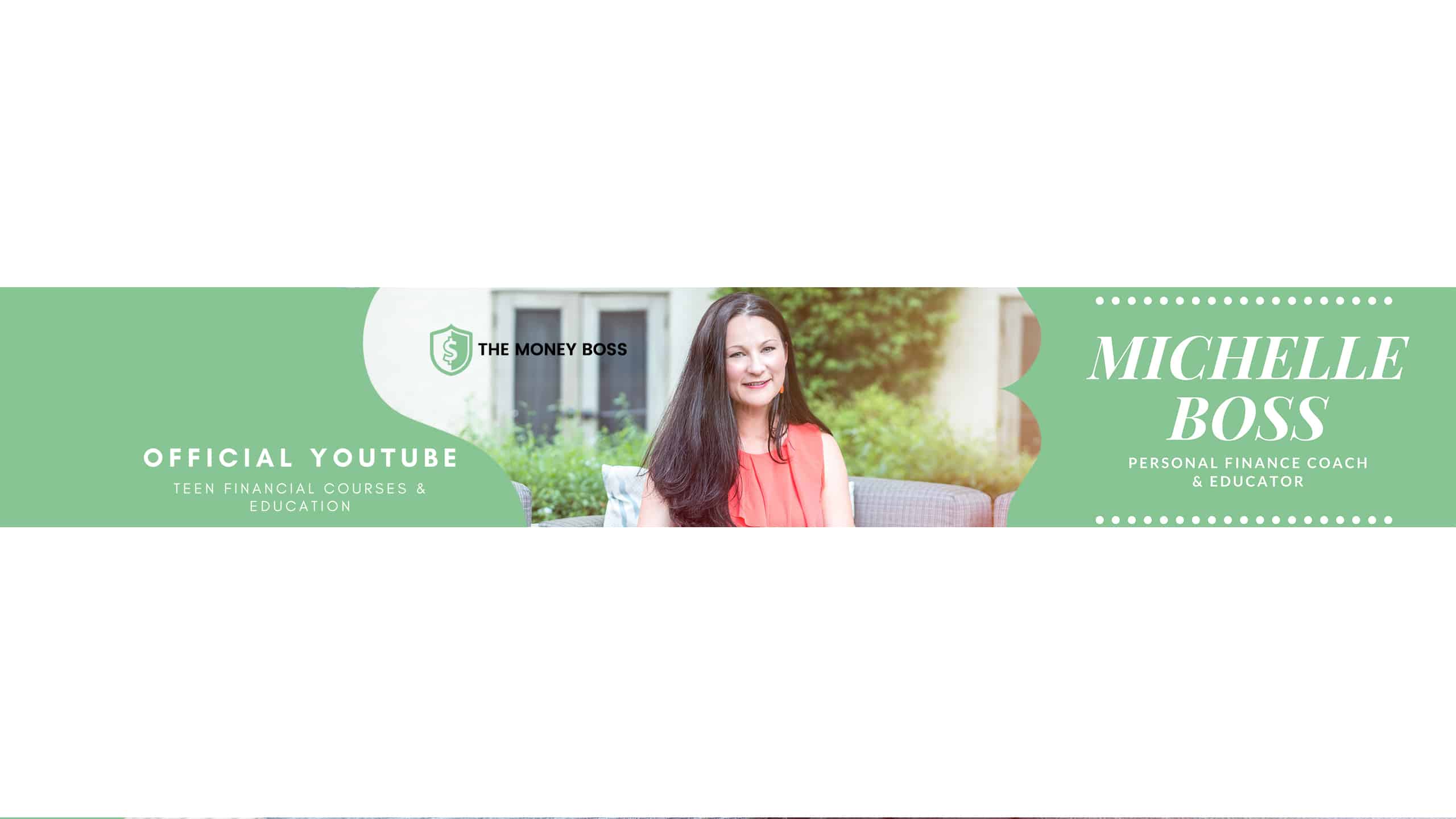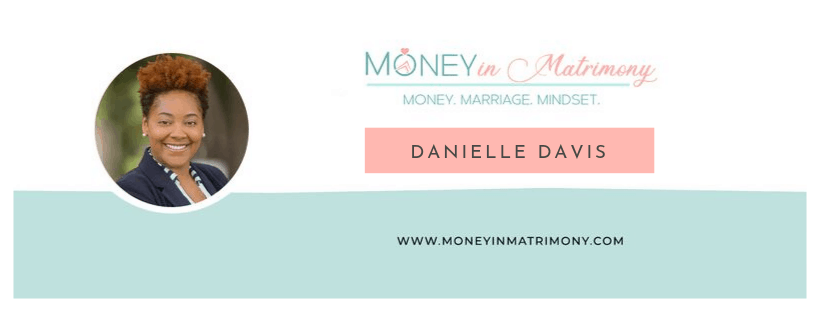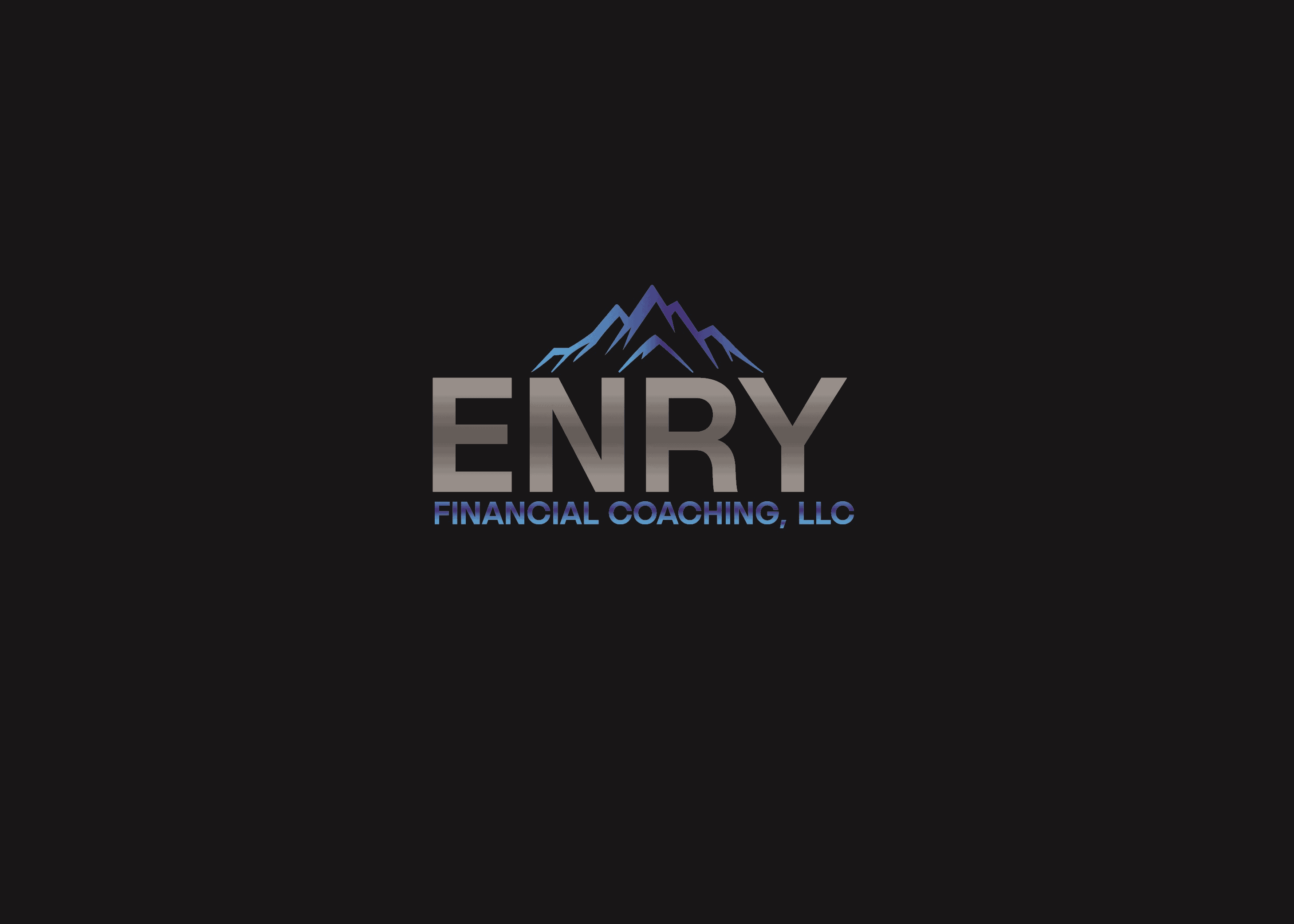Saving for a House
Saving for a House
9 Simple Ways to Save for a Home Fast
Are you looking forward to owning your own house? No neighbors connected to your walls. Your own private backyard. A place you can paint whatever color you want without management approval?!
Buying a home can be one of life’s most exciting events, but saving tens of thousands of dollars for a house down payment can feel overwhelming. We get it. That’s why we put together a simple, no-frills guide on how to save for a house quickly.
You’ll also find several financial coaches featured in this guide who have the knowledge and experience to get you into your new house sooner with less stress along the way.
How Much Money Do You Need to Buy a House?
Before we dive into the details and strategies to help you save for buying a house, you need to know how much money you need to save for a down payment.
Since there are many ways to finance a home, we’ll cover the two main options for your house down payment.
Down Payment on a Conventional Loan
For most conventional home loans, it is wise to save up a 20% down payment on the home. The reason for this is that most lenders require you to pay Private Mortgage Insurance (PMI) if you do not bring a 20% down payment. This can be as much as 2% of your loan balance for the year, which is a significant monthly cost.
To save up 20% for your home, you need to take the total home cost and divide by 5.
Example of a 20% down payment on a home:
- Home cost → $300,000
- 20% Down payment → $300,000 ÷ 5 = $60,000
As you can see, a 20% down payment can seem like a lot. Especially if this is your first home purchase.
Which is why many first-time homebuyers instead opt for down payment assistance loans from the Federal Housing Administration (FHA).
Federal Housing Administration (FHA) Loans
FHA loans are federally-backed mortgages designed to help those with lower incomes and an average credit score to qualify for a mortgage. You can put as little at 3.5% down on your home purchase depending on your credit score and other qualifying factors.
Note: There is mortgage insurance (called MIP) on this type of loan, but it does allow you to save much less to purchase a home. Always run the numbers to see what works best for your financial situation.
To save up 3.5% for your home, you need to take the total home cost and multiply by 0.035.
Example of a 3.5% down payment on a home:
- Home cost → $300,000
- 3.5% Down payment → $300,000 x 0.035 = $10,500
As you can see, a 3.5% down payment is more than 5x less than putting 20% down and may seem more attainable.
There are other loan options, including USDA and VA Loans that have specific qualifications, but may allow you to put as little as 0% down. As always, do your research to see if you may qualify.
9 Simple Ways To Save For A Home Fast
Once you figure out exactly how much you need to save for a home down payment, follow these simple strategies to boost your savings rate and buy your home faster!
1. Get on a Budget (Yes, Really)
The best way to save money is to plan for it! And there is no better way to start saving money than to get on a budget that allows you to maximize your savings.
The best way to start is by going through your current spending. Review your past few months of bank and credit card statements to see exactly where your money has gone.
Then create a budget based on your spending and see how much you can save each month. If you want to save more, you can start looking at areas of excess spending (we’re looking at you, Amazon) and see if you can cut them back a bit.
Remember, cutting expenses is not forever and you can still have some fun on a budget. But remember to focus on your BIG goal of buying a house and temporarily cut back on extras until you get there.
2. Live on the New Mortgage Payment
When buying a home, it’s always a good idea to start living on your new mortgage payment BEFORE you buy the home. This lets you know how life will feel (financially) when you do buy the house. But the magic is that you can then save the extra dollars into your down payment fund.
Example:
Let’s say you are currently paying $1,500 per month in rent. You want to put 3.5% down on a $300,000 home. Your total new mortgage payment would be about $1,900 per month.
Set up your budget to live with a $1,900 payment instead of $1,500, and save the extra $400 into your down payment savings account. This will help you save toward your home AND help you get used to the new payment at the same time!
3. Bank Your Next Raise
When saving for a house, any and every extra dollar moves you closer to the goal. If you want to get there quicker, consider banking your next raise.
Whether you go ask for a raise right now, or wait until your annual review, if you get a raise, put all the extra funds into your down payment savings account.
Example:
Let’s say you make $70,000 per year. You get a 4% raise this year ($2,800).
After taxes, your take-home pay goes up about $175 per month. Save that $175 per month toward your down payment.
4. Make It a “Stay-Cation” Year
Vacations are tons of fun, but can be awfully expensive. Why not skip the trip this year and enjoy a stay-cation instead?
There are tons of free and budget-friendly things to do in your own home town (just Google it), and you can enjoy exploring your local city while saving thousands of dollars toward your new home.
Americans spend almost $2,000 on summer vacation per year, even more for families. If you plan a fun stay-cation for 2 years that’s $4,000 more toward your house down payment.
Yes, travel is fun, but pausing for a few years to own a home is absolutely worth it.
5. Cut Out ALL Extra Spending (For a Short Time)
If you are really motivated to save up for a house fast, then you might consider challenging yourself to cut out all the extras.
This is the fastest way to boost your savings, but be careful, it could leave you feeling burnt out if you are too aggressive with your budget.
The easiest way to do this is to only pay for your necessities, and nothing else.
The only things you need to budget for are food, housing, utilities, and transportation. Everything else gets cut out. Many people refer to this as a no-spend challenge.
This is a sure-fire way to save hundreds (or thousands) per month and start stacking cash fast. But don’t do this for too long as you might end up throwing your budget out the window and giving up completely.
Consider this a challenge to yourself to get into your house faster and make sure to give yourself a little “fun money” each week so you don’t feel too deprived.
6. Get a Side Hustle to Save Even More
If living on a bare-bones budget isn’t too appealing, then consider getting a side hustle to help boost your income and your savings.
Here are a few ideas you can check out to get started with bringing in some extra money:
Delivery Driver. Everyone is getting groceries and take-out delivered these days, why not be the one dropping it off? You can earn money through places like Postmates, Uber Eats or Instacart on your own time and simply get paid to drop off people’s stuff.
Hang with Pets. If you’re a pet person, considering using a service like Rover to watch other people’s animals and get paid for it. Play fetch with Fido and collect a few dollars to save toward your home.
Get Crafty. Like making crafts? Consider setting up shop online and sharing your gifts with the world. Websites like Shopify and Etsy make it easy to set up shop and start selling your art.
No matter what you choose to do on the side, extra income will get you into your dream house much quicker!
7. Pay off Your Debt
“Wait, what? How is paying off my debt getting me into a house quicker?”
Although this may seem backwards, paying off your debt can help you get into a house and save more money in the long run. Lenders consider your Debt-to-Income ratio (DTI) when qualifying your for a loan, and the lower your debt, the better your terms can be.
Paying off a few high-interest credit cards or loans can go a long way toward getting you into a home and saving you money on the mortgage as well.
8. Sell Your Stuff
Did you know most of us are sitting on hundreds (or even thousands) of dollars and we don’t even realize it?
Yes, most Americans have unused items they can sell right now, quickly netting them hundreds of dollars (and decluttering their life at the same time)!
Garage sales are out and Facebook Marketplace is in. It’s quick and easy to snap a few pics of your items, put in descriptions and price and list them online.
Need some help finding what to sell? Simply open your garage and identify things you haven’t touched in a year. If you won’t need it anytime soon and it’s worth $5 or more, list it online and collect some cash for your new home!
9. Automate Your Savings
One of the best ways to save for a house is to simply make it automatic. When every paycheck comes in, have a set amount transfer to your savings account.
Example:
You get paid every other Friday. On the following Monday, schedule an automatic transfer of $100 to your house down payment account.
Set this up as a recurring transfer every 2 weeks and you can start stacking your down payment quickly.
Saving for a House is Hard. A Financial Coach Can Help.
While this guide offers several useful tips to help you save for a house, you don’t have to go it alone. By hiring a financial coach, you’ll benefit from their knowledge and experience to develop a personalized savings plan based on your individual circumstances. You’ll gain an accountability partner by your side and find yourself unlocking the door to your new house before you know it.
This guide features a diverse mix of financial coaches on Wealthtender who are ready to help get you into your new house. Simply scroll down to review the list or visit the Wealthtender Financial Coach Directory to search based on what’s most important to you. You’ll find financial coaches with a broad range of education, experience and specializations who are ready to help you enjoy life more with less money stress.
We encourage you to interview multiple financial coaches to ensure both you and the coach you decide to hire are a good fit for each other. Most coaches offer an initial introductory call for this purpose, and may even require it before getting started.
Saving For A House FAQ
Here are the answers to a few common questions about saving for a house.
Can I Buy a House With No Money Down?
Yes. There are a few loan options to buy a house with no money down. If you are a military veteran, consider using a VA Loan for a 0% down payment. If you want to find a rural property and have a lower income (115% of the median area income or lower), you may be able to qualify for a USDA 0% down loan.
Both of these options are government-backed programs and can be a great option to get into a home with no money down.
What Is a Good Age to Buy My First House?
There is a no “right” age to buy a home. It all depends on how ready you are.
Before you buy a home, consider the following:
- Can you afford the monthly payment? And the maintenance?
- Is your job secure?
- Do you have a good credit score (to qualify for a good loan)
- Are you planning to stay put for at least 5 years (to recoup loan costs)
- Do you have any other large expenses looming?
If you are unsure about any of those questions, it is not a good time to buy, no matter what your age.
Is Now a Good Time to Buy a House?
It depends.
I know, not the answer you want, but it all depends on your financial situation and the local area where you are looking to buy. Real estate is hyper-local and finding a good agent to help you learn about your local market is a good starting point.
Can you afford the payments, taxes, insurance and cost of maintaining a home? No matter what the market does, before you buy you need to be in the position to buy a house WITHOUT destroying your financial future.
On a national level, interest rates are remaining low, but house prices continue to rise. If you are worried about missing out, it may be a good time to start looking.
But the ONLY right time to buy a house is when you are financially ready.
My spouse and I are thinking about buying our first house and know we’ll need a mortgage loan, but where do we even begin?
According to Alan Brenner, founder of My Own Wealth Coach:
“Research, Research, Research!
Finding a reputable mortgage broker or lender is important to be able to get the best interest rate and the lowest possible fees. Many of the mainstream lenders tend to charge higher fees and have slightly higher rates. First time buyers need know how lenders name certain fees. There are discount points, origination fees, underwriting fees, administration fees and others. These are not consistent with all lenders. Many realtors have partnerships with mortgage brokers and can be a good starting point. Certain community commercial banks and credit unions are also a good place to shop for a mortgage.
First time home buyers should be careful about having potential lenders running their credit. These are “Hard Inquiries” and too many will lower the credit score.
First time home buyers should be prepared to provide copies of financial documents that show a trend of financial stability. Here are the items typically asked from both spouses.
- Driver License
- Social Security Card
- 2 Months of Bank Statements, all pages for all accounts (Checking, Savings, Investments)
- Copies of any court orders for garnishments or alimony or child support.
- Car lease paperwork, or Car loan documents.
- Credit Card Statements
- W2 Forms for last two years
- Paycheck stubs for last two months
The mortgage company wants to make sure that the monthly payment of Principal+Interest+Insurance+Taxes is going to fit a ratio of 28% or less.
And adding in other monthly debt payments the total should not exceed 36%.”
I know my credit score needs improvement, but I’m eager to buy a house. Am I out of luck?
According to Anthony Kirlew, author of The Bankruptcy Mortgage Book and a financial coach at Fiscally Sound:
“No, you are not out of luck. It may delay the process a bit or cost you a little more money up front, but there are often ways to work around credit issues. That being said, if you have a major credit blemish such as a recent foreclosure or bankruptcy, you will need time to rebuild your credit and also wait out the required waiting periods for each of those events.
There are creative real estate financing options available such as:
- “Renting with the option to buy” where you essentially lock in your purchase price and can even negotiate a portion of your monthly rent to go towards a down payment.
- Finding a homeowner who owns their home free and clear, who will offer owner financing. In this scenario, they take on the risk that you will pay for the home and allow you to pay them directly via monthly payments.
- An out of the box solution would be moving in with a family member or friend who will let you live rent free and save all of your money towards a bigger down payment. Having a larger down payment will reduce the lenders risk and increase your options of being approved, even with less than perfect credit. Be forewarned, this has some potential relationship implications as it is often not easy to live with your friends or family. 🙂
It is important to monitor your credit score and fix any issues that arise as soon as possible. This way you will have an optimal credit profile for whenever you need it.
I hope this is helpful. For further assistance, I recommend seeking the counsel of a financial coach or mortgage specialist.”
What are the best real estate blogs and podcasts to follow for more useful homebuying tips?
With over 250 personal finance blogs and financial podcasts featured on Wealthtender, you’ll find several that regularly publish articles and episodes with financial planning insights useful to buying a house.
Our Guide to Real Estate Blogs features several worth checking out, including:
Do you have a favorite real estate blog or podcast not featured above? Let us know in the comments section below or by email at yourfriends@wealthtender.com.
Start Saving Today
No matter how you choose to save for a home, don’t wait. Rents usually aren’t going down and you aren’t getting any younger!
If you follow these tips you can quickly get yourself into a house and start enjoying your new found freedom!

Jacob Wade
About the author:
Jacob Wade is the budgeting expert who started iHeartBudgets, a place where Millennials and young families come to learn EXACTLY how to build a budget that WORKS.
Jacob quit his job in 2018, sold his house and 95% of everything they owned to take off on an adventure of a lifetime and RV around the USA.
He is now on mission to spread the message of Financial Freedom around the country, and help others build a “Freedom Plan” of their own!
Also, he has a thing for Doritos…
To make Wealthtender free for readers, we earn money from advertisers, including financial professionals and firms that pay to be featured. This creates a conflict of interest when we favor their promotion over others. Read our editorial policy and terms of service to learn more. Wealthtender is not a client of these financial services providers.
➡️ Find a Local Advisor | 🎯 Find a Specialist Advisor

























